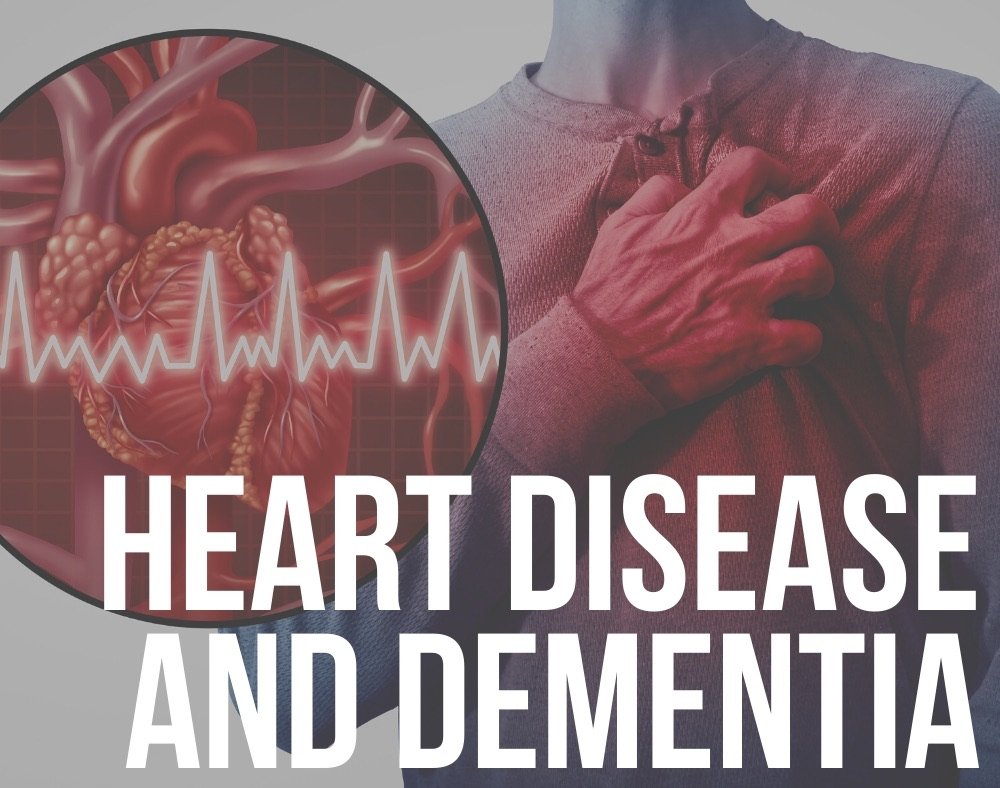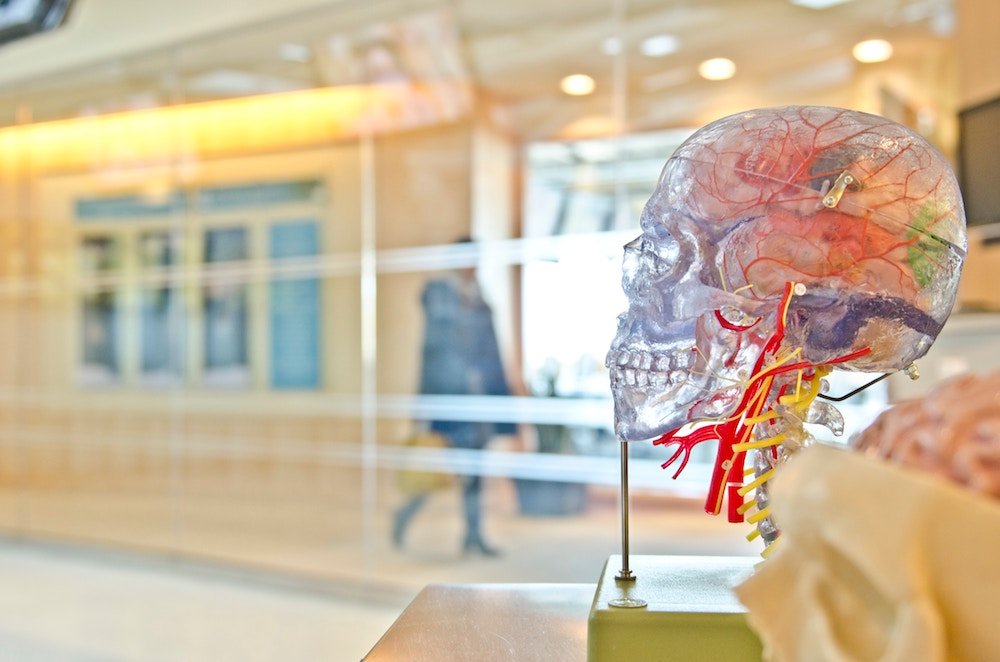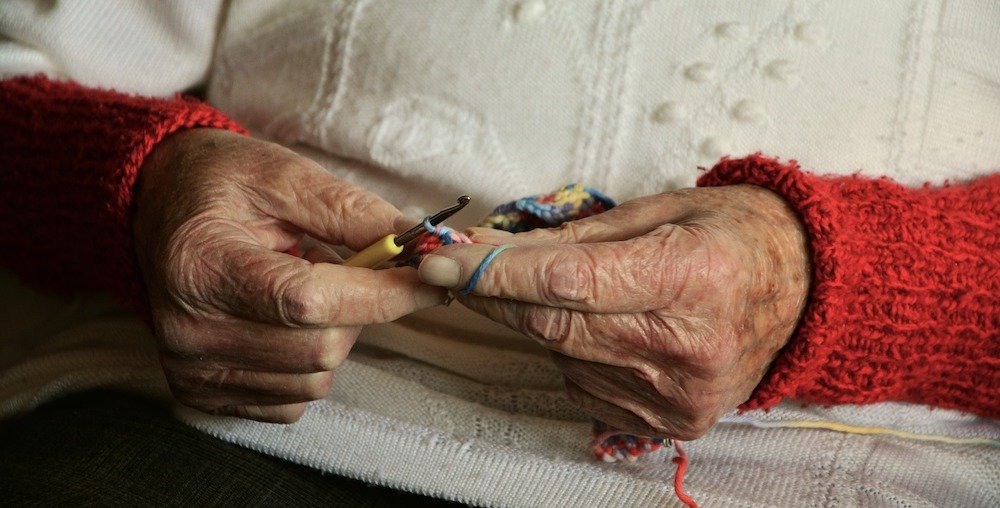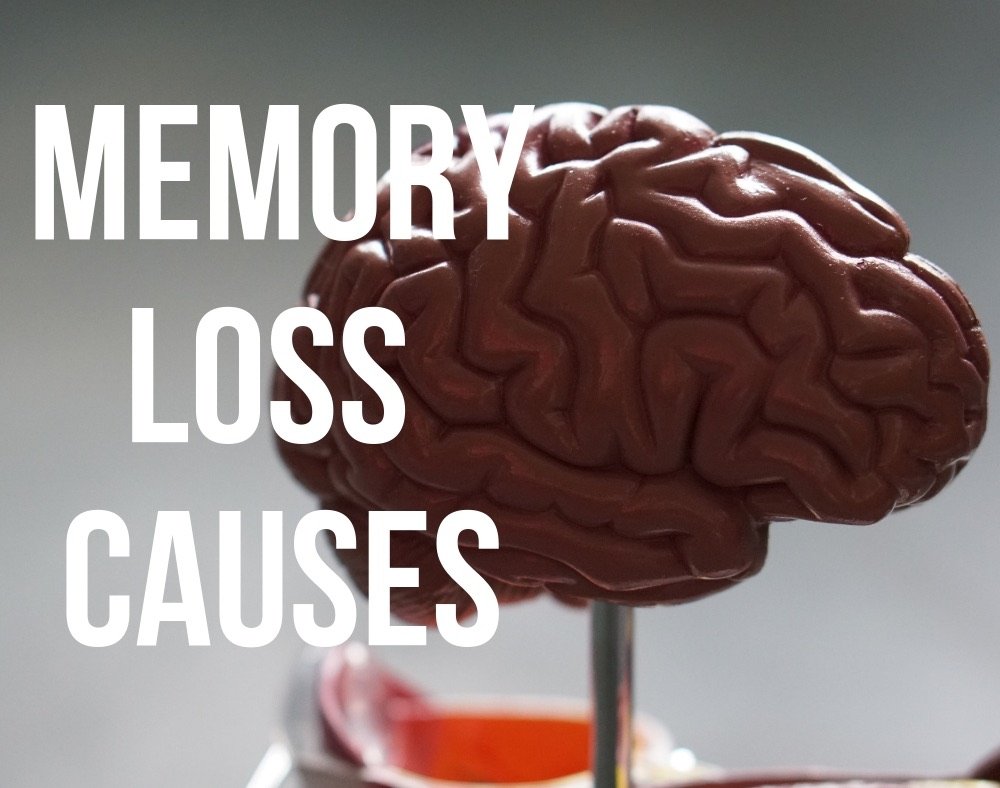There is one question that is of concern for family members of an individual who has dementia: is dementia hereditary?
There are two answers to this query and, sadly, it is both a yes and a no.
The majority of dementias are not passed down by family.
There are, however, some rare cases where there may be a strong genetic link that could see children and grandchildren inherit the condition.
Nonetheless, this is only a small proportion of the overall dementia cases.
It is vital to note that genes are basic heredity units that pass on characteristics like height, hair color, or the tendency to develop a certain disease.
We find them in chromosomes and can contain mutations or changes which can be beneficial or harmful.
Does dementia run in families?
To date, researchers still do not have adequate details about the human genes that are associated with dementia.
While several genes may lead to different forms of dementia, mostly the illness does not develop because of changes to a specific gene.
Dementia genetics are quite complex, with several other factors weighing in.
This aside, let’s look at some of the reasons why most people do not inherit dementia.
Risk Factors

One of the top risk factors for dementia is age.
The disease is common in seniors who are above the age of seventy, although some people experience it when they are younger.
You may be relieved to learn that having grandparents or parents with dementia at this age (70+) does not necessarily mean that you will also end up with the condition when you are older.
Your risk of getting the disease remains the same as the rest of the population.
On the flip side, studies show that if your loved one has dementia when they are younger, say less than sixty years, there is a higher chance that this type of illness passes on.
This goes to show that while genetics may be a risk factor, it is certainly not the only one.
Other risk factors that contribute to the development of dementia include:
- Down Syndrome
- Nutritional and vitamin deficiencies
- Sleep apnea and other medical conditions
- Smoking
- Head injuries
- Alcohol abuse and many more
Now check out some of the factors that could increase your chances of ending up with dementia because it is in your family line.
These support the yes part of the answer when you ask if dementia is hereditary.
Underlying Health Issues

There are some scenarios where dementia will not be inherited. But, there are some health issues that, at times, crop up because of this condition.
These may include conditions like diabetes, heart diseases, high blood pressure, or stroke. Such illnesses can pass from one generation to the next.
Note that such diseases are also considered risk factors for illnesses such as dementia.
This simply means that when a person has one or more of the aforementioned diseases, they may also end up with dementia when they get older.
Specific Genes

When looking at the cases of inherited dementia, you may notice that only 1% of the cases are passed on from parents.
Another aspect that may increase your chances of getting the disease simply because your parents also have dementia is the types of genes that your parents give you.
It is not the dementia gene but others that increase the risk of you getting the illness.
These types of genes that can give you dementia are typically the same ones that increase the risk of stroke, high blood pressure, heart disease, and diabetes.
It is one of the reasons it is essential to stay physically active and eat well. This can reduce the risk of developing certain types of dementia, such as vascular dementia.
Scientifically, two types of genes can affect whether a person ends up inheriting a disorder or disease. These are:
1. Risk Genes – These are the genes that you carry putting you at risk of developing a particular disease. You should also know that with the gene in your body, it does not mean you will end up with the illness.
2. Deterministic Genes – These are the genes that are responsible for causing the onset of disorders and diseases. They are quite rare and have been linked directly to the development of dementia in adults.
Genes are a broad topic for anyone who is interested in finding out the answers to is dementia hereditary.
Below is a summary of some of the genes that researchers claim are associated with the development of dementia in different stages:
1. Mutations in APP (A4 protein precursor), PSEN2 (presenilin2), and PSEN1 (presenilin1)
These genes are responsible for producing abnormal protein amounts that can trigger damage in the brain, which links to the onset of early dementia.
2. Variations in the ApoE4 gene
Also known as the apolipoprotein E, this offers instructions for protein production as well as aids in the transportation of cholesterol through the bloodstream.
About a quarter of the population that has one copy of the gene of a variation of ApoE has been known to have a higher risk of getting dementia.
Even though they do not directly cause the disease, they can contribute to some of the brain changes that result in cognitive decline.
Many people with ApoE4 also experience faster loss of nerve cell functioning.
This happens at the frontal lobe, which is crucial when it comes to maintaining mental functioning.
Studies also conclude that individuals who have the ApoE4 gene usually grow older at a faster rate. This acceleration can enhance the chances of dementia becoming worse over time.
There is also evidence that people who have two copies of ApoE4 have a much higher risk of developing dementia than the people who only have a single copy.
3.CDC2 gene
Cell division of the cycle 2 gene (CDC2) associates with the production of more tau protein This controls the deposit, gathering, and degradation of several proteins that relate to different types of dementia.
4. SORL1 gene
There is a high chance that the sortilin related receptor may play a role in the uncharacteristic production of beta-amyloid plaque in the brains of individuals who experience the late onset of dementia.
Rare Types of Dementia

There are some unusual types of dementia that parents can pass down to their young ones.
It mainly happens when a person develops the illness at an early age, like in their 50s or 60s.
In the majority of these cases, there is a high chance that a faulty gene was passed down to the children from their parents. This is also the case when an individual ends up developing dementia in their 30s or 40s.
Generally, while a high percentage of people will not pass dementia to their kids, they can pass faulty genes that will be the cause of the disease in younger individuals.
Examples of the rare dementia types that parents pass on to their offspring include Familial Prion Disease and Huntington’s disease.
Such disorders present a 50/50 chance of being inherited because they are brought about by a faulty “dormant” gene.
What this means is that if you get one faulty gene from one parent and another healthy one from the other parent, the faulty one is the one that the body will use.
This is because the body sees it as the “dominant” gene.
If your doctor suspects that family history has anything to do with your condition, he or she may recommend genetic testing.
Relatives at this point may also have to go through genetic testing.
When the results are out, genetic counseling is normally offered to all the persons who carry the illness-related changes.
Inheritance Pattern

If you are asking if dementia is hereditary, it helps to look into the inheritance pattern of the disease.
When people develop the illness at an early stage, that is before celebrating their 70th birthday, the link to an autosomal dominant pattern is not unusual.
This simply means that a single copy of an altered gene is enough to cause dementia. In most cases, the affected individual gets this gene from one of their parents.
It is still not clear what the inheritance pattern for late-onset dementia is. Persons who inherit just one copy of the ApoE4 allele are usually at higher risk of developing the condition.
The risk is even greater for the individuals who have two copies of the same.
Astonishingly, it is not everyone who has this gene that will end up with dementia. Similarly, not everyone who has dementia has the E4 allele.
Closing Remarks
As seen above, genetics do not play a major role when it comes to the development of dementia.
That said, there are specific forms that you can inherit from your parents.
However, these mostly have to do with developing the disease when you are younger. It is evident that there is no one answer to the query; is dementia hereditary?
Even though it may not be possible to control genes, there are other factors you can control to help reduce the risk.
It includes things such as eating a balanced diet, staying active, not smoking and managing other health conditions, like diabetes.
















































